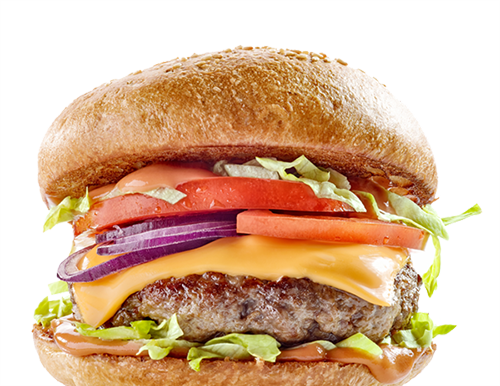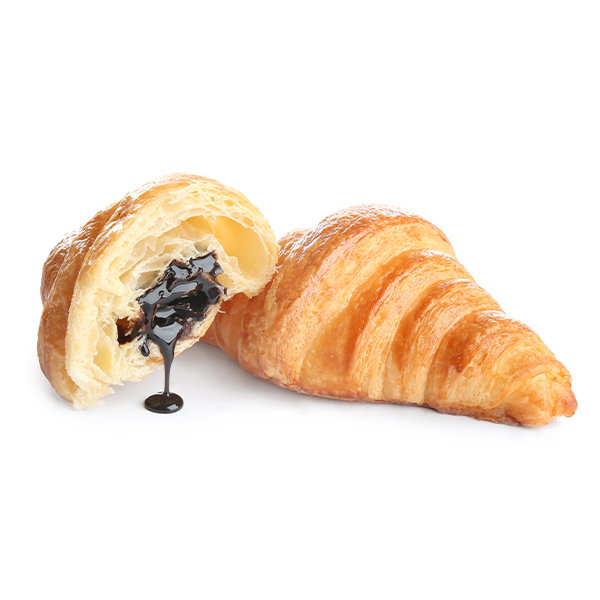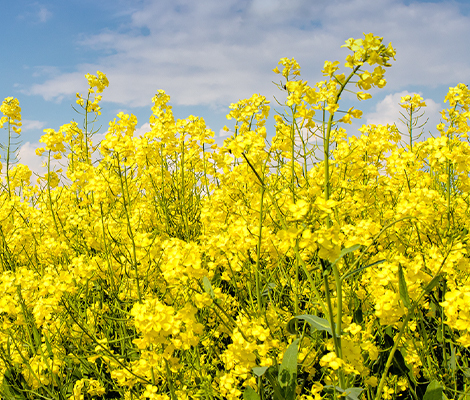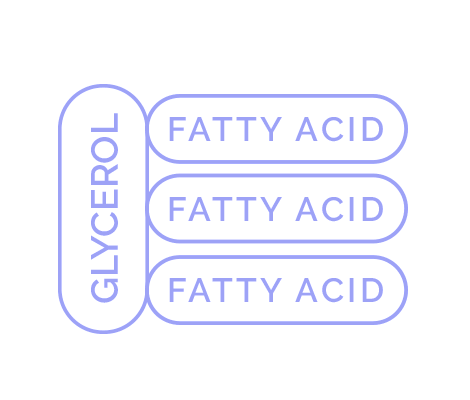WHAT IS EPG?
The fat alternative, made by revolutionary food technology, is here.

Delivering Tomorrow’s Technology Today
EPG, the alternative fat, offers great taste, texture, performance and flexibility. EPG is made from GMO-free, modified plant-based oil and has just 0.7 calories/gram versus 9 calories/gram for regular fat. It is the only ingredient available right now that can cut 92% of calories from fat* without compromising taste, texture or functionality.
Because EPG is made from fat—unlike other fat substitutes that use sucrose and/or starches—you do not need to compensate with additional sugar or artificial sweeteners to maintain or improve the flavor. Proven safe and effective at lowering calories without compromises, EPG can be easily incorporated into your recipes as a 1-for-1 replacement of fat.
*for each unit of fat replaced

DOWNLOAD OUR WHITEPAPER
Find out how you can drastically reduce calories in your products and keep all the flavor.

TASTES & ACTS LIKE FAT, BECAUSE IT’S MADE FROM FAT
Start With: Innovation and Safety
EPG was developed by food scientists ready to solve the challenge of great-tasting, reduced calorie foods. More than $150 million in R&D, 65 safety studies and 20 patents later, EPG has been evaluated at intake levels up to 150 grams/day consumption.

Naturally Sourced: From Plant-based Oil
We start with naturally sourced rapeseed oil and split the oil apart into its components: glycerin and fatty acids.

The Technology: Propoxyl Connector
Next we insert a food-grade propoxyl connector & re-link the fatty acid and glycerol, to make a material that looks, feels, tastes and cooks like fat.

The Results: Dramatically Fewer Calories
The propoxyl link in the middle resists digestive enzyme action, inhibiting caloric release through the key part of digestion, while allowing later breakdown in the environment—safely, like any other fat.

Have It All with EPG
This breakthrough technology delivers unrivaled taste and reduced caloric availability—safely and with zero side effects.

NO DOUBT ABOUT SAFETY. EVER.
FOR PEOPLE
EPG has been rigorously tested in more than 60 studies—among the strongest data packages ever developed for a new food ingredient. EPG has achieved U.S. Food & Drug Administration Generally Recognized As Safe (GRAS) status across a wide range of food applications. EPG is GMO-free, gluten free, allergen free, vegan, trans-fat-free, and is made using natural vegetable oils free from genetically modified organisms (GMOs). It is fully Kosher and Halal compliant and is manufactured in GFSI benchmarked top-line facilities.
The use of EPG results in the lowest intake of polyunsaturated fats of any edible fat or oil. These benefits are in addition to EPG’s unrivaled performance in reducing calories, and amazing taste, texture, and functionality.
…AND FOR THE ENVIRONMENT
EPG is proven to be environmentally safe. Once it leaves the body, EPG degrades and decomposes like all other fats and oils.

For more information on GRAS/safety, visit these links:
FDA Generally Recognized as Safe Noce (GRN No. 583) for Confectionery uses with EPG
FDA Generally Recognized as Safe Noce (GRN No. 640) for Baked Goods, Frozen Dairy, and other applications with EPG
FDA Generally Recognized as Safe Noce (GRN No. 761) for Frying with EPG

FAQs
How is EPG different from other low-calorie fat alternatives like Olestra?
EPG has a melting point of 102º F, so it remains solid at body temperature. When blended with other lower-melting-point fats in a formulation, it delivers an ideal organoleptic experience much closer to traditional fats than most plant-derived oils or alternative fats. And unlike lower-calorie fat alternatives like Olestra, EPG presents no gastrointestinal side effects and does not inhibit the absorption of vital nutrients. EPG has been proven safe at consumption levels of up to 150 grams per day, while Olestra consumption should not exceed 10 to 15 grams per day. See more about the difference between EPG and Olestra here.
Can EPG replace all the oil or butter in my recipe?
In most applications, EPG can replace between 50 to 80 percent of the fat in a formulation (a one-to-one replacement) at just 0.7 calories per gram (versus 9 calories per gram of regular fat). That equals up to a 92% reduction in calories from fat for each unit of fat replaced. See some label comparison examples here.
What is the impact of EPG on the fat content in food?
The use of EPG results in the lowest intake of polyunsaturated fats of any edible fat or oil. This benefit is in addition to EPG’s unrivaled performance in reducing calories, while maintaining, or even improving, taste, texture and functionality.
Can I blend EPG with other fats?
Yes—EPG is made to be mixed with other fats and oils. In fact, EPG can be blended with both higher and lower melting-point fats/oils to provides optimal organoleptic and cooking properties. As such, it plays very well with all other fats and oils—from animal to plant-based.
What does EPG taste like?
Like other neutral vegetable-based fats and oils, EPG takes on the flavor of the food in which it is used.
How is EPG listed on an ingredient statement?
EPG is currently labeled as “EPG (modified plant-based oil)”.
Does EPG support certain label claims?
EPG is made using natural plant oil free from genetically modified organisms (GMOs) so it is GMO-free, gluten-free, allergen-free, trans-fat-free, vegan, Kosher and Halal compliant. And is manufactured in GFSI benchmarked top-line facilities.
What studies/research exist for EPG?
EPG has been rigorously tested in more than 60 studies—has one of the strongest data packages ever developed for a new food ingredient; and has achieved U.S. Food & Drug Administration Generally Recognized As Safe (GRAS) status across 14 different applications—from health food to indulgences. Contact us to request clinical trial reports.
